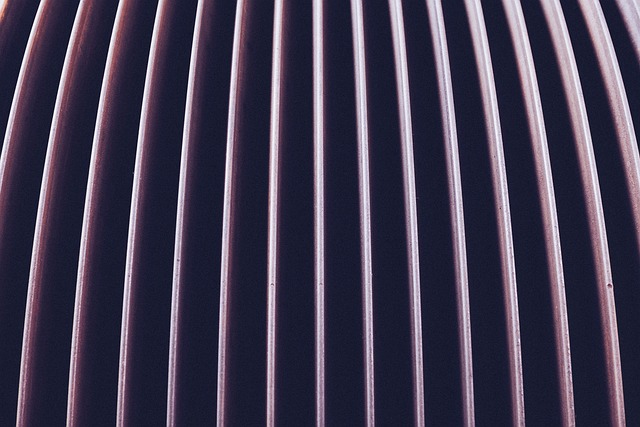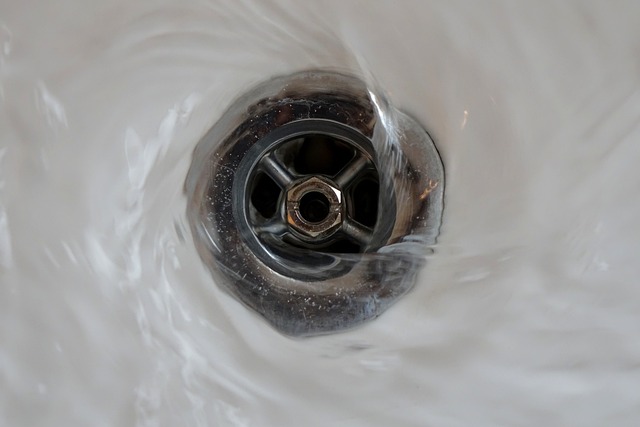The Importance of HVAC Systems in Creating Ideal Indoor Environments
Airflow Architects: Crafting Ideal Indoor Environments in Philly
The Importance of HVAC Systems in Creating Ideal Indoor Environments
When it comes to creating ideal indoor environments, one cannot underestimate the importance of HVAC systems. These systems, which stand for heating, ventilation, and air conditioning, play a crucial role in maintaining comfortable and healthy indoor spaces. In a city like Philadelphia, where extreme weather conditions are a common occurrence, having a well-designed HVAC system is essential.
One of the primary functions of HVAC systems is to regulate the temperature within a building. In the scorching summer months, the system ensures that the indoor space remains cool and comfortable. Conversely, during the frigid winter months, it provides warmth and coziness. This ability to maintain a consistent temperature is not only essential for the comfort of the occupants but also for the preservation of furniture, artwork, and other valuable items that may be sensitive to extreme temperatures.
In addition to temperature regulation, HVAC systems also play a vital role in maintaining proper ventilation. Proper ventilation is crucial for ensuring the circulation of fresh air and the removal of stale air, odors, and pollutants. In a bustling city like Philadelphia, where air pollution can be a concern, having a well-functioning ventilation system becomes even more critical. It helps to filter out harmful particles and improve the overall air quality, creating a healthier environment for the occupants.
Furthermore, HVAC systems contribute to the overall energy efficiency of a building. By using advanced technologies and energy-saving features, these systems help reduce energy consumption and lower utility bills. In a city like Philadelphia, where energy costs can be high, having an energy-efficient HVAC system can make a significant difference in the long run. It not only benefits the occupants by reducing their energy expenses but also contributes to a more sustainable and environmentally friendly city.
Crafting ideal indoor environments requires a deep understanding of the specific needs and challenges of each building. This is where airflow architects come into play. These professionals specialize in designing HVAC systems that are tailored to the unique requirements of a particular space. They take into account factors such as the size of the building, the number of occupants, the layout, and the specific climate conditions of the area.
Airflow architects use their expertise to create HVAC systems that maximize efficiency and performance. They carefully select the appropriate equipment, such as air conditioners, furnaces, and ventilation units, to ensure optimal functionality. They also consider factors such as noise reduction, air distribution, and zoning to create a comfortable and quiet indoor environment.
Moreover, airflow architects stay up to date with the latest advancements in HVAC technology. They are knowledgeable about energy-saving features, smart controls, and sustainable practices. By incorporating these innovations into their designs, they can create indoor environments that are not only comfortable but also environmentally friendly.
In conclusion, HVAC systems play a crucial role in creating ideal indoor environments. They regulate temperature, ensure proper ventilation, and contribute to energy efficiency. In a city like Philadelphia, where extreme weather conditions and air pollution can be a concern, having a well-designed HVAC system becomes even more important. Airflow architects specialize in crafting these systems, taking into account the unique needs and challenges of each building. By utilizing their expertise and staying up to date with the latest advancements, they can create indoor environments that are comfortable, healthy, and sustainable.



